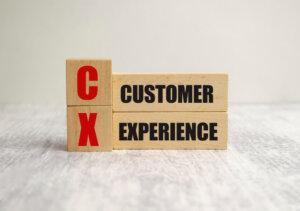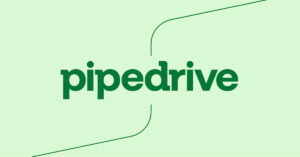If you Google how long it takes to form a habit, you’ll get anything from 21 to 28 days, but there is no solid evidence on what the answer really is. We all agree though, that an acquired behavior pattern takes customary practice or usage – which in plain-speak means – do it every day until it become automatic. This can also be said for recognition in the Call Centre. Team leaders, supervisors and managers should be spending time on the floor, walking about or sitting in listening to calls (on a regular basis) and providing instant recognition for the great client experiences their agents are providing. This type of on-the-spot recognition is really appreciated and because it happens right away, and can reinforce a particular behavior, can also have a positive impact on future calls. If I take a call and do something particularly well, and my supervisor hears it and comments on it – I am going to try and repeat it on the next call. If you thank me for it 2 weeks later, the momentum is lost. I know that many of you have call quality monitoring software, and that’s great for recording and scoring, but it’s so important to also do the sit-bys. Not only do you get the chance to hear some great calls and do on the spot recognition, you also get to spend time with someone and connect on a personal basis. Many reps feel this is an important form of recognition in itself.
When it comes to rewards, the most popular criticism I hear is that the programs become either a flavor of the week, and change too often, or that they start out strong with lots of hoopla, and after a few months, no one hears anything about them any more.
In order to make a program sustainable and remain current, it takes some planning. Make sure you cover all the elements before launching. Run your model by some reps to pressure test the communications, the guidelines for achieving the recognition and to make sure the rewards are suitable for the effort required. Some companies have formed recognition teams, and these include members from all levels in the call centre. They review metrics, determine contest requirements and prizes using a set budget, develop annual incentive programs based on stretch goals for Key Performance Indicators, and promote the launches with their peers. Being included in one of these recognition teams is seen as a reward by the agents involved and they strive to achieve this status. As an agent, when some of your peers are on the committee, you tend to give the program more credibility right from the start. Having agents on the committee also helps you with the consistency factor. They’ll be the first ones to remind you that it’s time to draw winners, send communications or plan the celebration events, and you can always involve them with these activities to help out. Rule #2: Be consistent in your recognition and rewards Feedback please – How do you make sure you/your management team are consistent in their approach to rewards and recognition? Have you involved agents in your recognition and reward planning sessions? Do agents assist with celebrations?
 Sections of this topic
Sections of this topic














